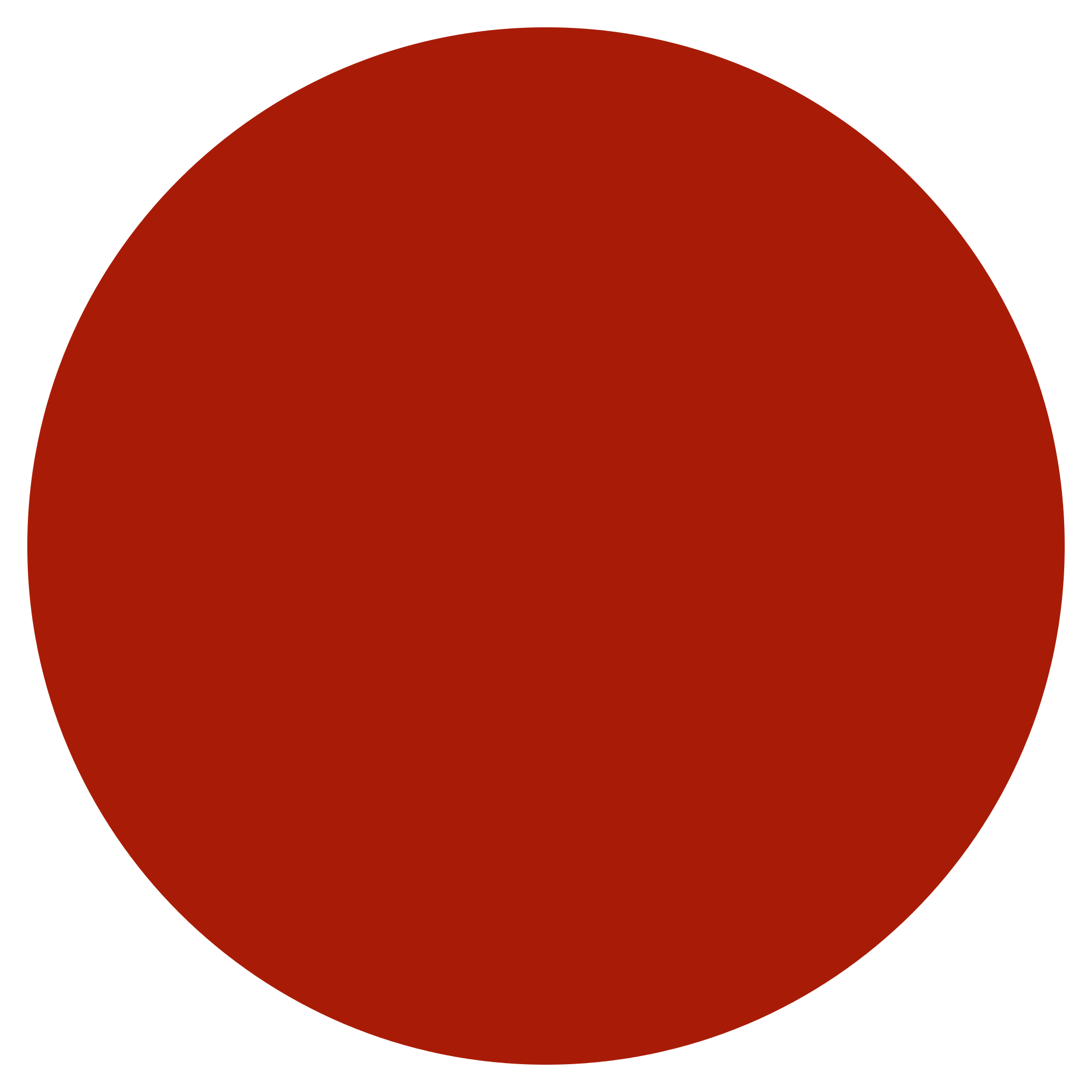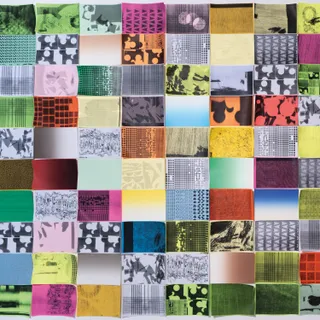Some performers start playing it safe when the stages get bigger. Not Kieran Hebden—better known as Four Tet—the heady, tasteful, crate-digging producer who has taken his new arena-sized crowds as an opportunity to confound, delight, and troll. Behind the decks, there’s no move that’s taboo, no track that’s off-limits. A decade ago, that meant raising eyebrows by going back-to-back in the booth with Skrillex, Now that he and Sonny Moore have become an Odd Throuple with Fred again.., the BFFs’ B2B2Bs are Hebden’s opportunity to further subvert whatever you might have thought Four Tet is supposed to sound like. At Madison Square Garden, he dropped a mischievous minimal-house edit of Taylor Swift’s “Love Story” that he’d cobbled together for his daughter. At Coachella, he used the intro to “Smells Like Teen Spirit” as the setup to an absurdist punchline: Hol!’s “Country Riddim,” a dubstep anthem featuring a cartoonishly garish drop. (Hebden loves that song: At the trio’s surprise Times Square gig in February 2023, he unleashed the tune again—and then spun it back to the top of the drop, just to savor its ridiculousness.)
But however unpredictable Hebden might be on stage, on record he’s as reliable as they come. Three is his 12th solo album, give or take—the proliferation of live recordings, early-works anthologies, shadowy side projects, and experimental longform excursions complicates the count—and it embodies everything that has come to define Four Tet over the years. There are shuffling UK garage rhythms and moonlit pools of ambient, heavy-lidded head-nodders and floor-filling rave-ups, hand-carved breakbeats and harps, harps, and more harps.
A few years back, I found Four Tet’s consistency on his albums frustrating; I longed for him to switch things up, throw the occasional wrench in the works. I wondered, with 2020’s Sixteen Oceans, if he was getting boxed in by his formula. But on Three, the familiarity is welcome. The record is less experimental than 2020’s Parallel, which collected the 2-stepping club tracks and atmospheric experiments of his alias ⣎⡇ꉺლ༽இ•̛)ྀ◞ ༎ຶ ༽ৣৢ؞ৢ؞ؖ ꉺლ. But the trim, eight-track album is smartly sequenced and nicely varied, taking in virtually every style of music that Hebden’s made over the years—house, downbeat, hip-hop, and more, all given the customary Four Tet slant. Most importantly, he sounds energized, as though all that mischief-making behind the decks had taught him new twists in old tricks.
WATCH
The One Song DāM-FunK Wishes He Wrote
The album drops us directly into classic Four Tet territory with “Loved,” a wistful tune whose slowly rocking breakbeat and sun-seeking tendrils of synth call back to Rounds’ juxtaposition of muscular drums and watercolor keys. Crisply delineated shakers and hi-hats, along with a sizzling hint of vinyl crackle, flesh out a perpetually evolving beat in which no two bars are alike. A hissing loop runs out of sync with the groove, adding an almost imperceptible hint of instability; out of nowhere, little burrs of white noise swell into thunderclaps. Yet for all this activity, the track is never overstuffed, and it’s remarkably efficient: Before it even hits the 3:30 mark, the song has said its piece, and winds down across a gentle ambient outro.
While tempos vary widely, most of Three maintains a similarly ruminative mood. In the elegiac “Gliding Through Everything,” a beatless swirl of bells and chimes gradually gives way to clouds of overdriven ambience; “Storm Crystals” lays out a meandering synth melody over a slow-motion breakbeat and wraps it in a halo of dubbed-out harp. Only with track four, “Daydream Repeat,” does Hebden finally lock into dancefloor mode, anchoring a flyaway harp melody with a rugged, house-inspired rhythm. But even here, the vibe remains as dreamy as the beat is physical. Only one other track so much as flirts with the dancefloor: “31 Bloom,” which revisits the minimal-techno investigations of 2008’s Ringer. A heads-down roller arraying cottony chords over a beat that sounds like two small stones being clacked together, it’s the album’s most emotionally ambivalent track—a welcome counterbalance to the occasional moment (on “So Blue,” say) where things get misty-eyed.
It’s the details that make Three really sing. “Daydream Repeat” opens with great, dissonant sheets of phased and distorted guitar that sound like something off the Cure’s Pornography—hardly the first reference point that typically comes to mind on a Four Tet record. Guitar is all over the album, in fact, and it makes for some of the record’s best moments—like “Skater,” which imagines an alternate universe where DJ Shadow remixed the Cocteau Twins. The rosy ambient glow that opens “So Blue” is suddenly broken by a single tone, slightly too loud, shorn of reverb and weirdly skewed to the right; it reminds me of a boss I once had who would sneak a hidden phrase into the final paragraph of a 2000-word email, just to make sure you were paying attention.
There’s much more here than meets the ear: interruptions you never see coming, intimations of sounds in the depths of the mix you can’t quite make out. That’s what separates Three from the merely chill; it takes a master craftsperson’s skill to create music that scans so simply on the surface but then opens up to reveal hidden rooms within hidden rooms—just like it takes a seasoned selector to drop “Country Riddim” and get away with it. In tone and mood, Three is the opposite of Hebden’s stadium setlists. But within the carefully thought-out parameters of what makes a Four Tet record, he’s finding new, quieter ways to surprise.


Laisser un commentaire